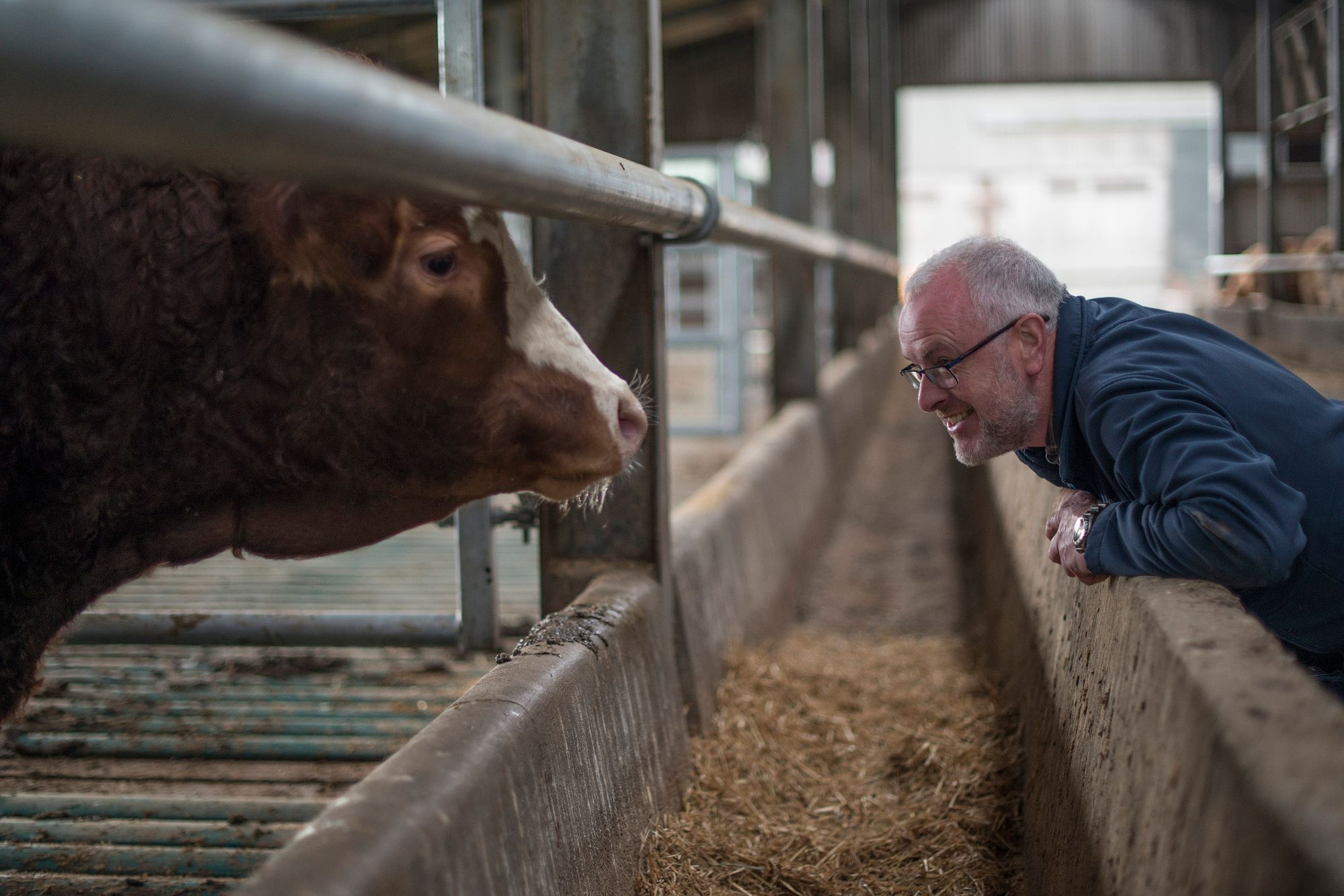Organic Products
Although requirements vary by country, most organic programs require an organic operation to demonstrate that they are protecting natural resources, conserving biodiversity, and using only approved substances in the production and handling of organic produce and livestock. A summary of the requirements for organic certification of agricultural products is shown below. This summary is based on USDA National Organic Program (NOP) regulations.
Organic Crops
Organic regulations strictly prohibit the use of genetic engineering, synthetic chemicals, most chemical pesticides and sewage sludge in the production and handling of organic crops. The land on which organic farmers grow organic crops must not be treated with any prohibited substances for at least three years before the harvest of the first organic crop. Instead, soil fertility and crop nutrients are managed through non-chemical methods, such as tillage and cultivation practices, crop rotations and cover crops. Pests, weeds and diseases are managed through physical, mechanical and biological controls.
Organic Livestock
Livestock requirements address both the animals used for meat and animal products such as milk and eggs. NOP livestock standards require that organic producers feed livestock agricultural feed products that are 100 percent organic. Organically raised animals may not be given hormones to promote growth or antibiotics for any reason, although preventive management practices, including the use of vaccines, can be used to keep animals healthy. All organically raised animals must have access to the outdoors, including access to pasture for ruminants such as cattle. Organic regulations generally allow for short periods of temporary confinement when there is reason for concern for the health and safety of the animal, i.e. during extreme weather conditions.
Organic food products such as eggs and milk must be handled separately from conventional food products and never intermixed. Organic milk and milk products must be processed, either on-farm or off-farm, in a certified organic plant.
GMOs
Organic regulations prohibit the use of genetic engineering or genetically modified organisms (GMOs) in conjunction with the production or handling of organic food. However, it is possible for an organic crop to be exposed to GMOs from drift (such as wind pollination, birds, or bees) or other natural forces beyond the control of the organic farmer. To help limit the impact of non-organic farming practices, organic regulations require organic farmers to follow practices such as creating buffer zones between their own farms and neighboring farms that use conventional farming methods.
How NSF Can Help You
Get in touch to find out how we can help you and your business thrive.

What’s New with NSF

Healthy People Living on a Healthy Planet: The Future We’re Working For
April 4, 2024
American Meat and Egg Distributors Now California-Ready with NSF’s Prop 12 Certification
April 3, 2024
2024 GFSI Conference - Meeting the Needs of our Evolving World
March 20, 2024